The United States on Tuesday vetoed a Security Council draft resolution that would have demanded an immediate humanitarian cease-fire in Gaza.
The draft resolution won 13 votes in favor among the 15 members of the Security Council. The United States voted against it. Britain abstained.
To be adopted, a Security Council draft resolution needs at least nine votes in favor and no veto from any of the council's five permanent members -- Britain, China, France, Russia, the United States.
The Algerian-drafted resolution would have demanded an immediate humanitarian cease-fire in Gaza and would have deplored all attacks against civilians. The draft would have rejected forced displacement of the Palestinian civilian population and would have demanded unhindered humanitarian access to Gaza. The draft also would have demanded the immediate and unconditional release of all hostages.
Before the vote on the draft resolution, U.S. ambassador to the United Nations, Linda Thomas-Greenfield, said the Algerian draft would jeopardize ongoing efforts toward a hostage deal. She said her delegation was working on a rival draft resolution that would call for a "temporary cease-fire" based on the formula that all hostages are released.
Russia's permanent representative to the United Nations, Vassily Nebenzia, said before the vote that Washington continues to give Israel "a license to kill." He asked Security Council members "to counter the lawlessness of Washington."
Speaking after the vote, Nebenzia said full responsibility for the consequences of Tuesday's outcome falls on Washington, no matter how hard the United States tries to evade it by talking about its "important mediation efforts."
In an explanation of vote after the voting, China's permanent representative to the United Nations, Zhang Jun, expressed his country's strong disappointment at and dissatisfaction with the outcome of the vote.
"The U.S. veto sent a wrong message, pushing the situation in Gaza into a more dangerous one," he said.
The U.S. claim that the Algerian-drafted resolution would interfere in ongoing diplomatic efforts is totally untenable, said Zhang.
The Security Council must take action to push for a cease-fire, which is its legal responsibility. The U.S. veto cannot muffle the strong call for a cease-fire and an end to the war in Gaza. The Security Council cannot stop its work to uphold justice and fulfill its responsibilities just because of the veto, he said.
French UN ambassador Nicholas de Riviere regretted that the draft resolution was not adopted given the disastrous situation on the ground.
"There is an extreme urgency to conclude, without further delay, an agreement on a cease-fire, which finally guarantees the protection of all civilians and the massive delivery of emergency aid," he said. "The human toll and humanitarian situation in Gaza are intolerable and Israeli operations must stop."
The Algerian text was the eighth Gaza-related draft resolution that the Security Council has voted on since Oct. 7, 2023. Only two draft resolutions have been adopted, neither of which calls for a cease-fire.
-XINHUA


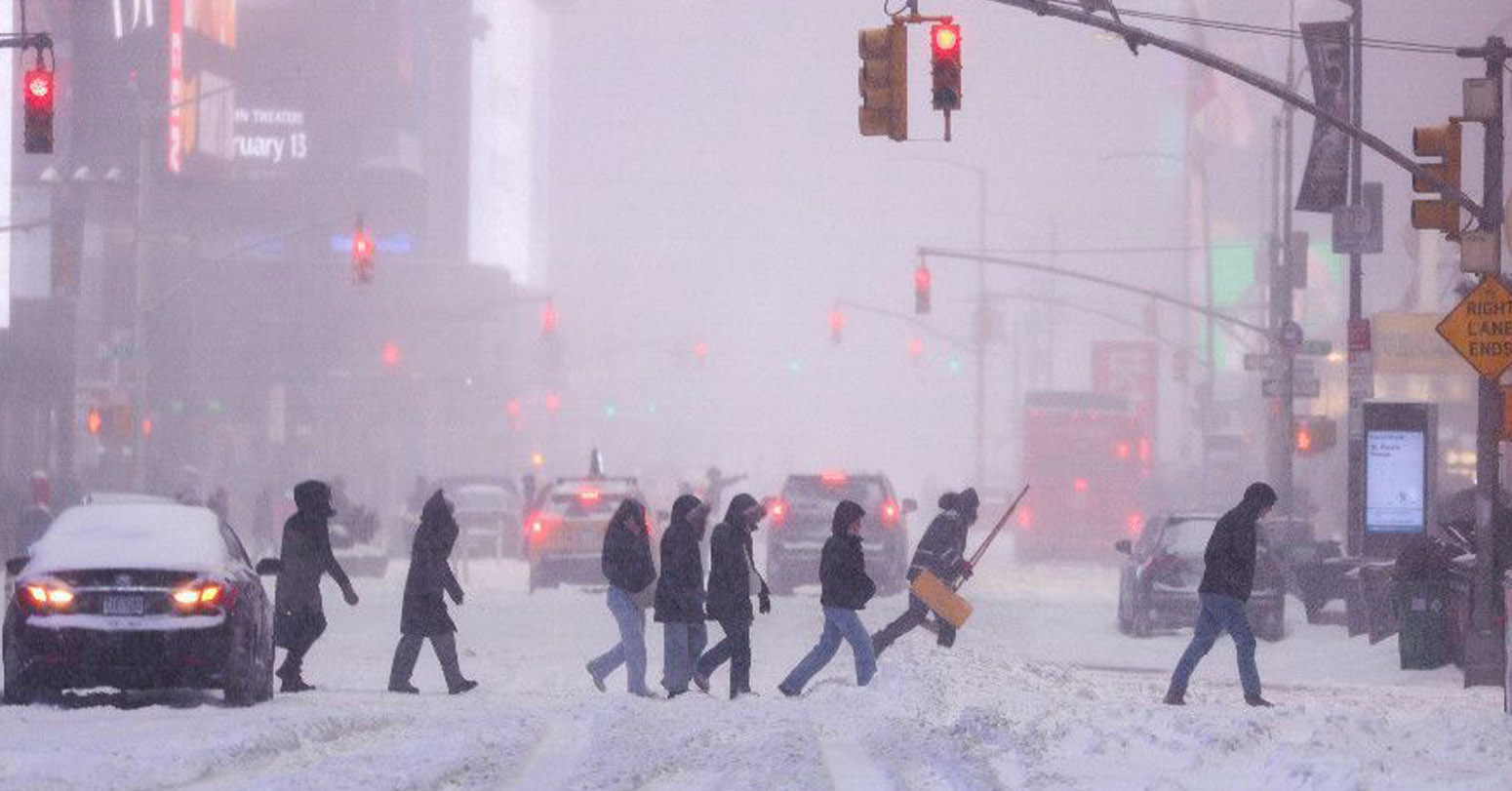
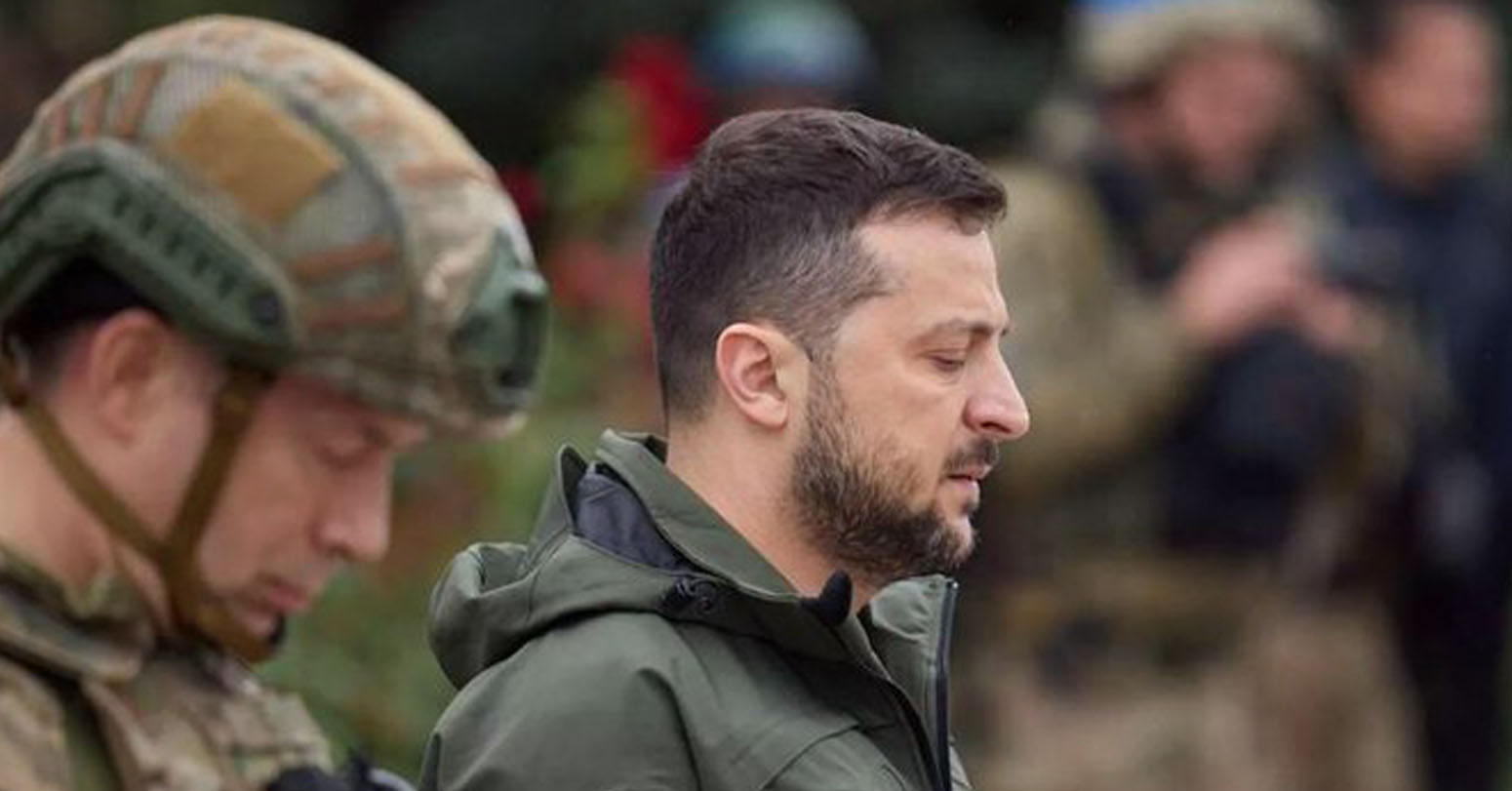



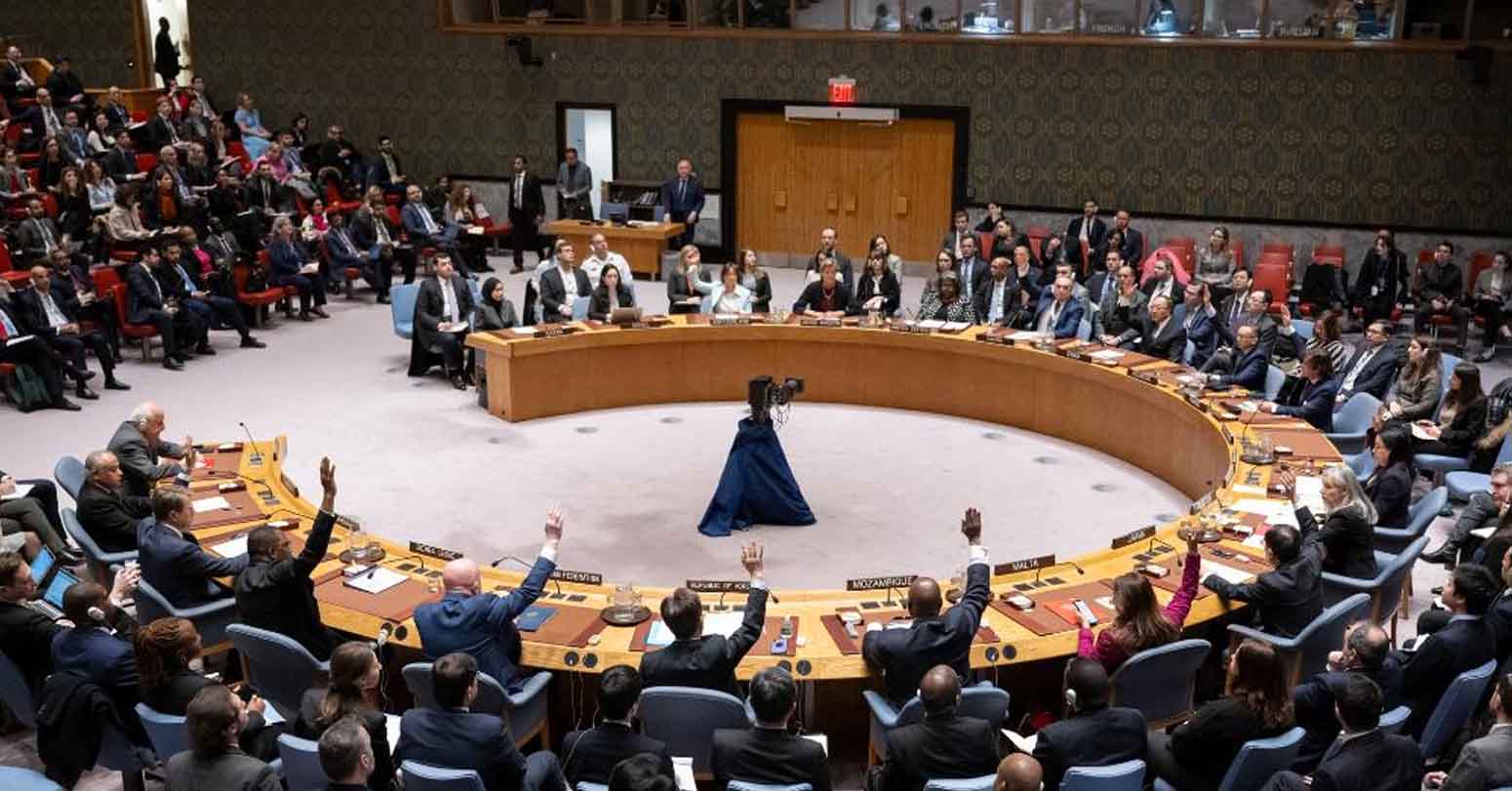
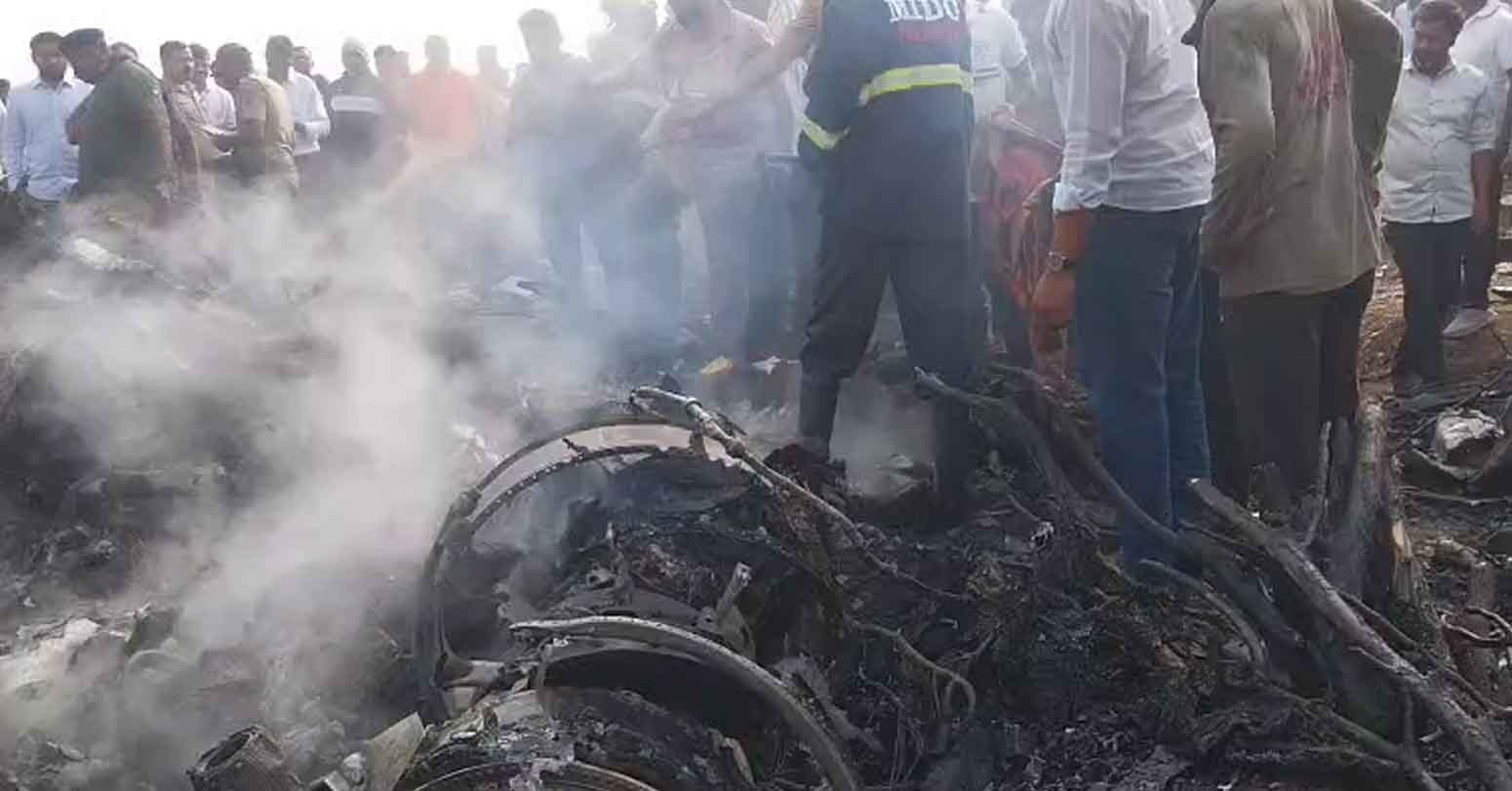
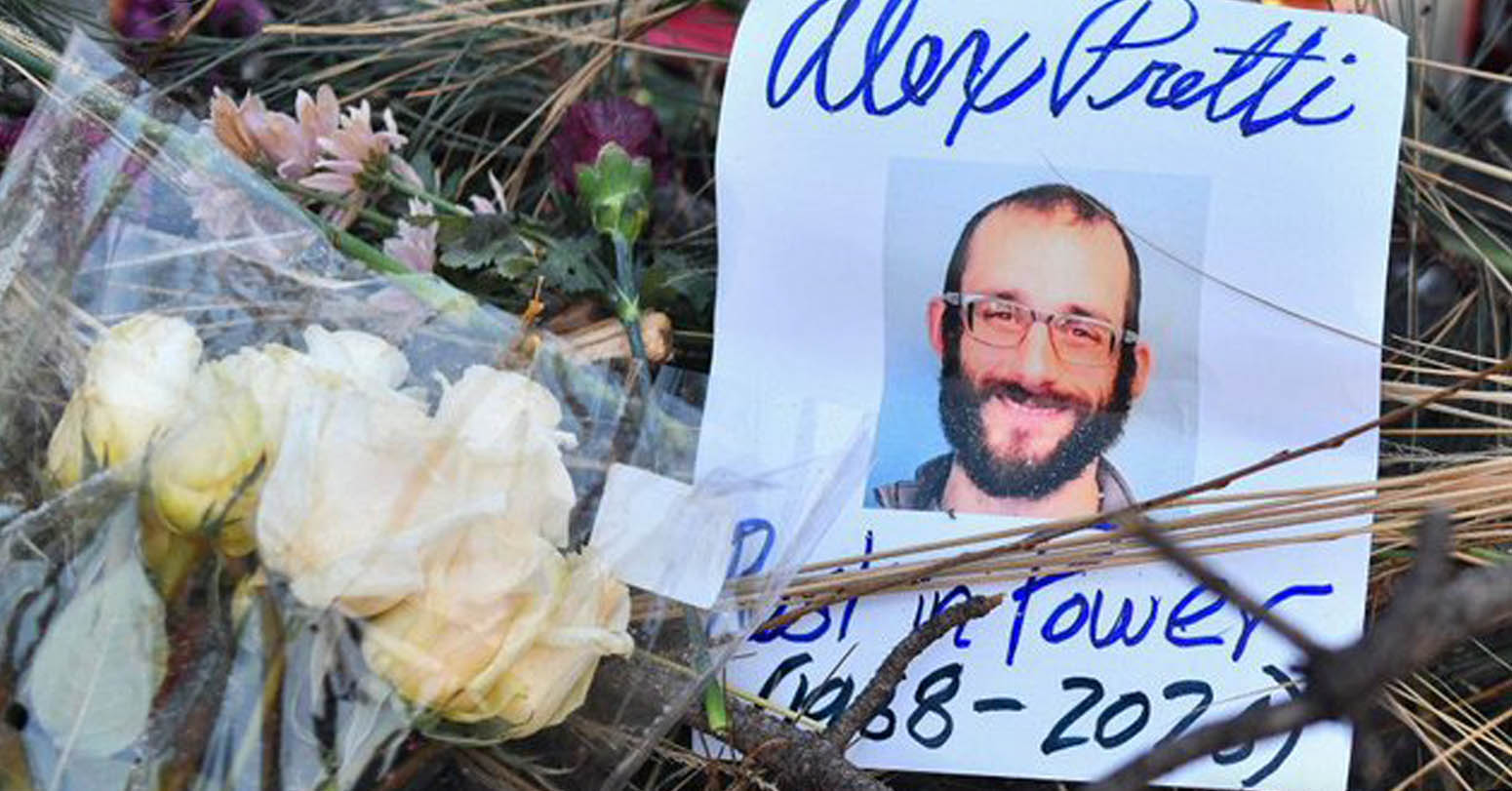
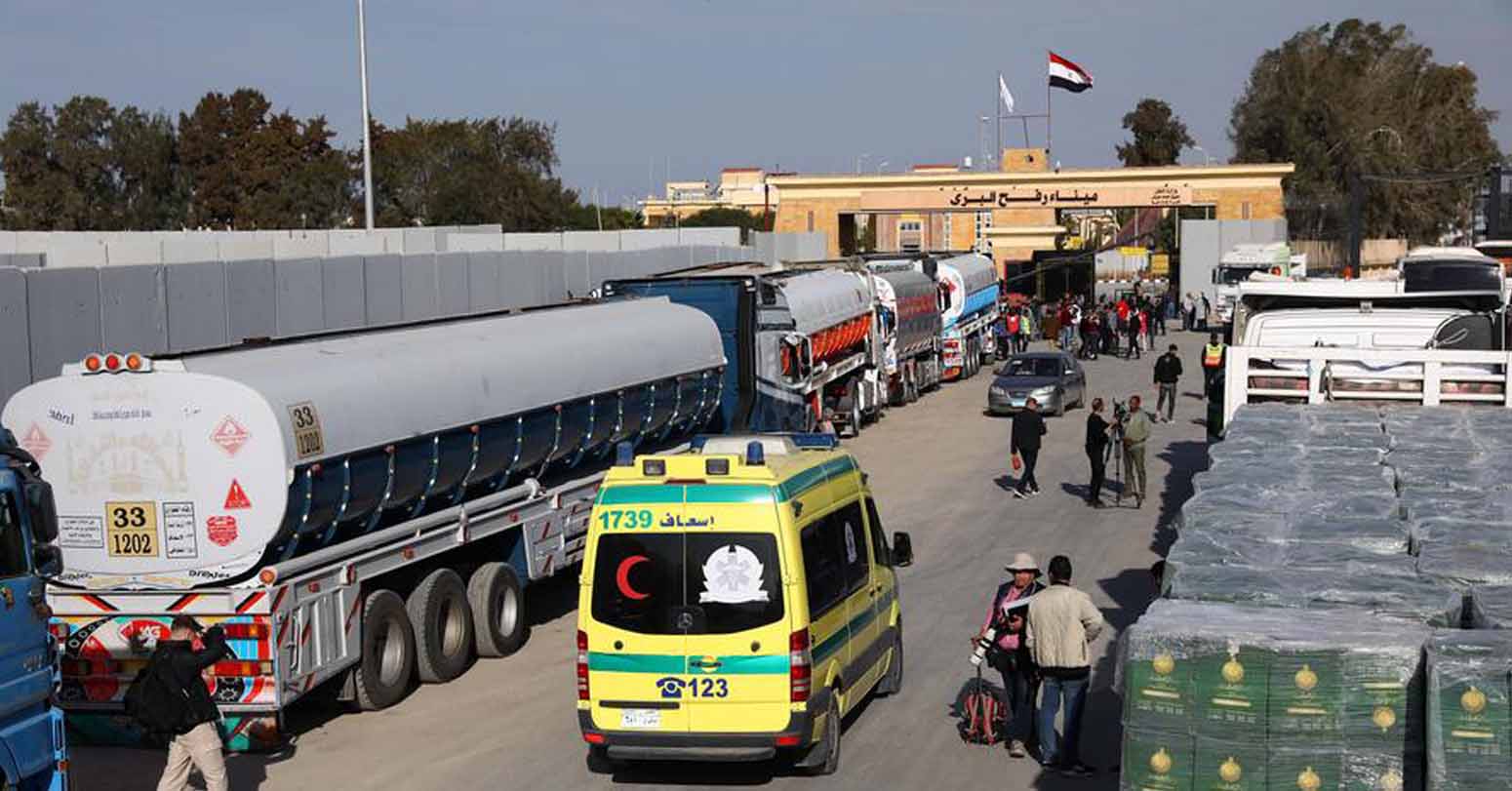
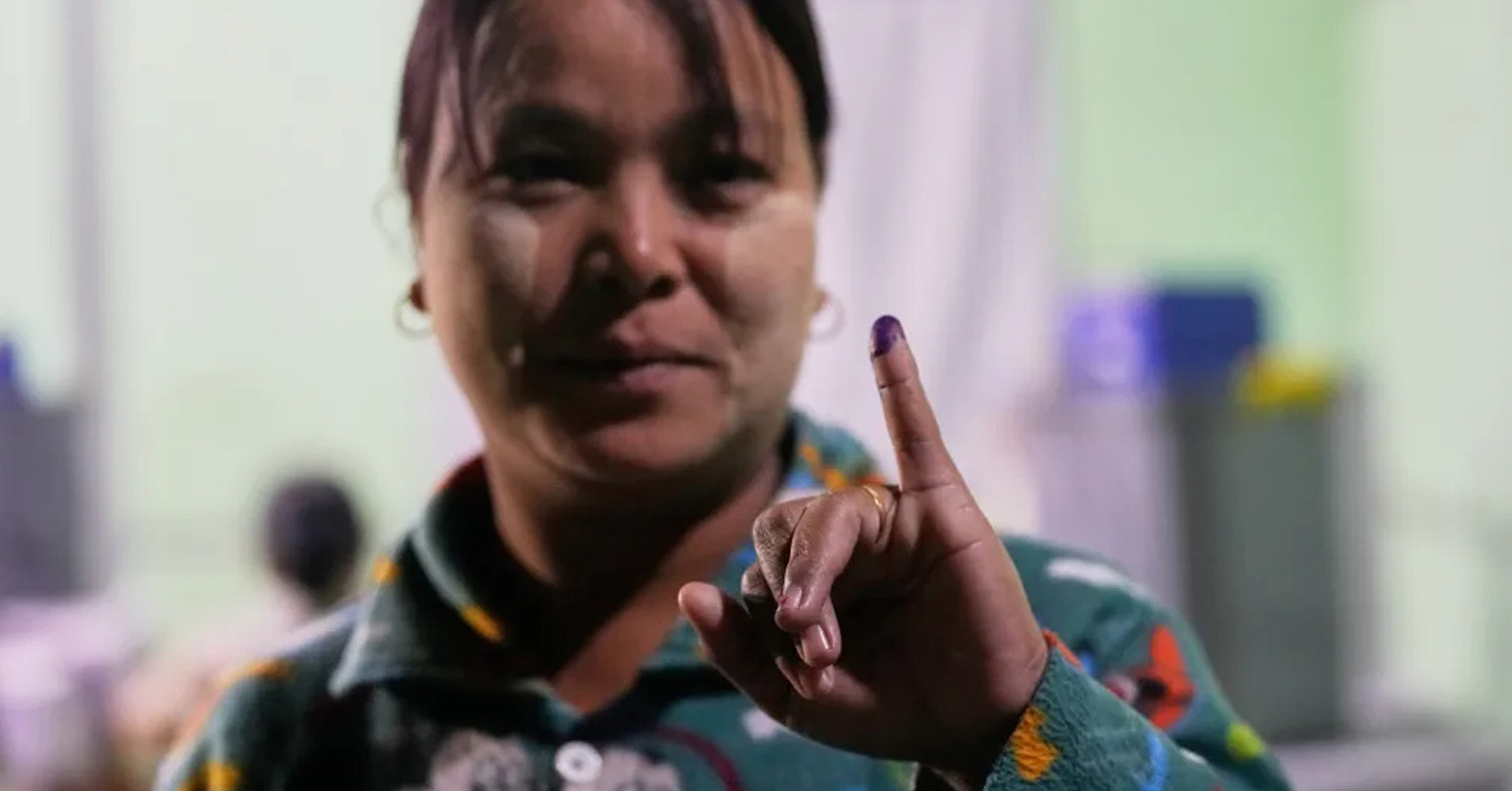
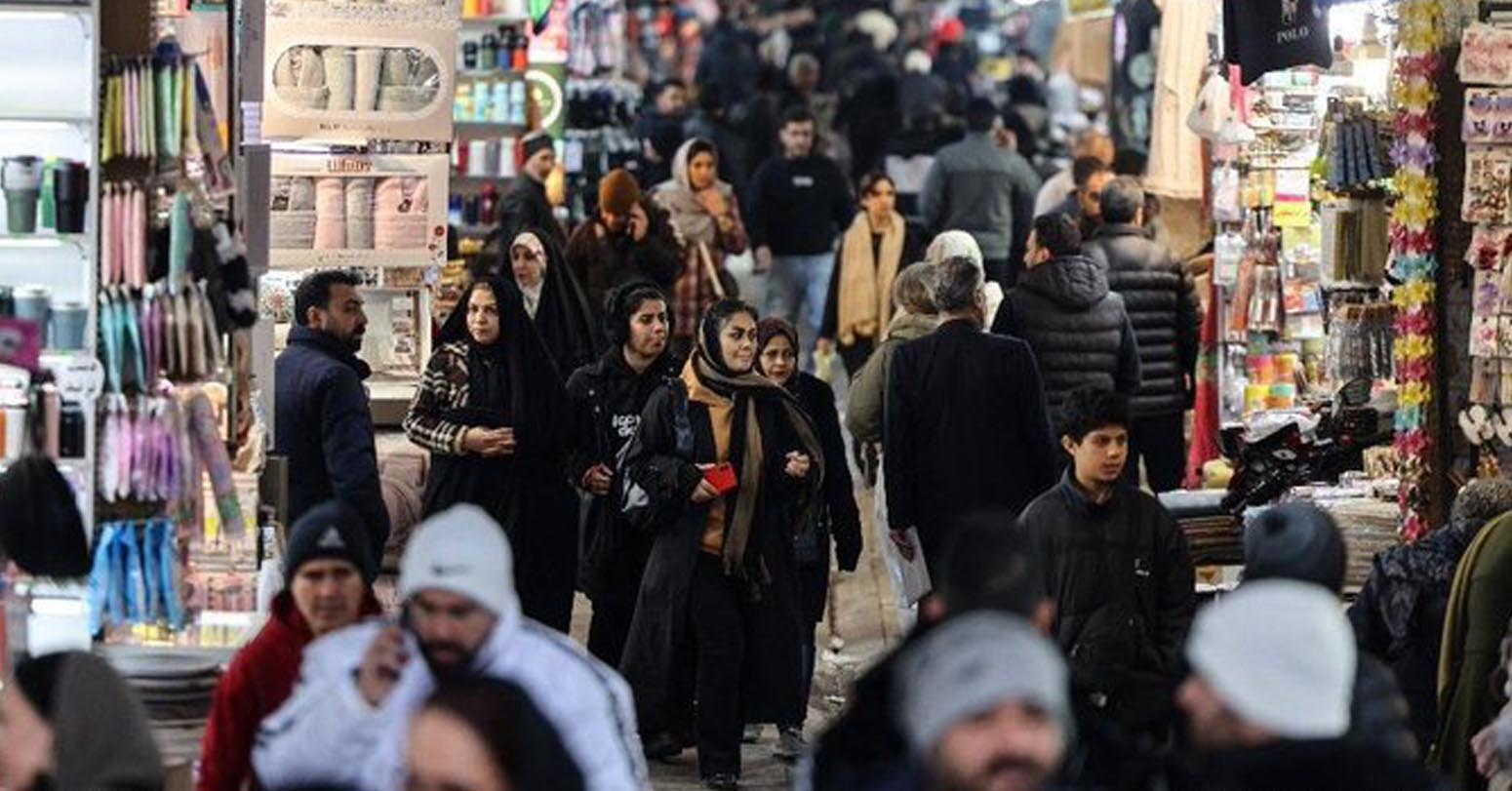

Middle-aged man spends millions to
Dr. Dharam Raj Upadhyay: Man
Children, Greatest Victims Of Sudan’s
Breathing The Unbreathable Air
Comprehensive Data Protection Law Critically
Gender Differences In Mental Healthcare